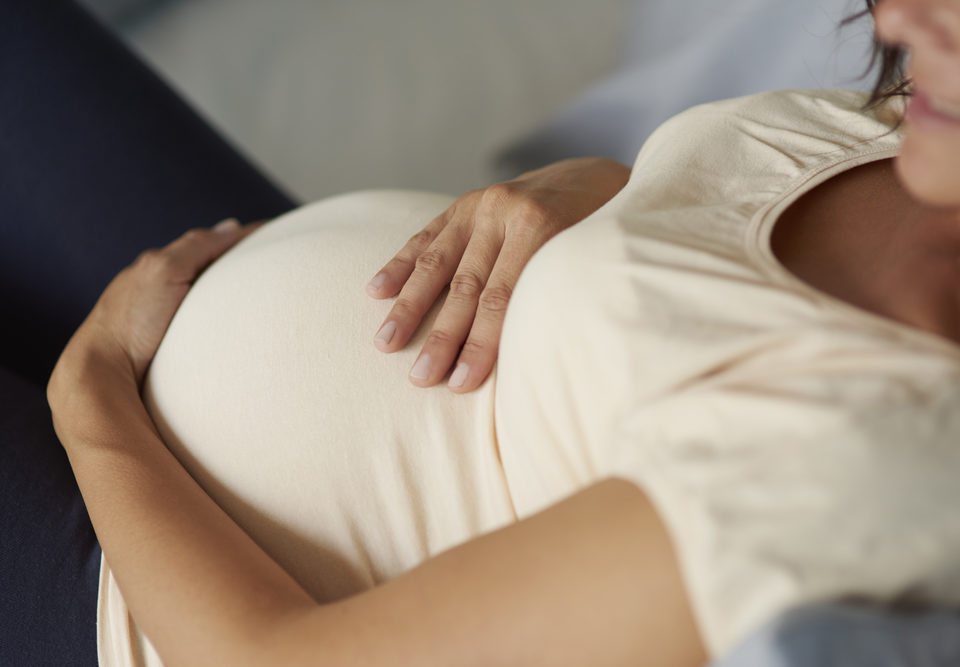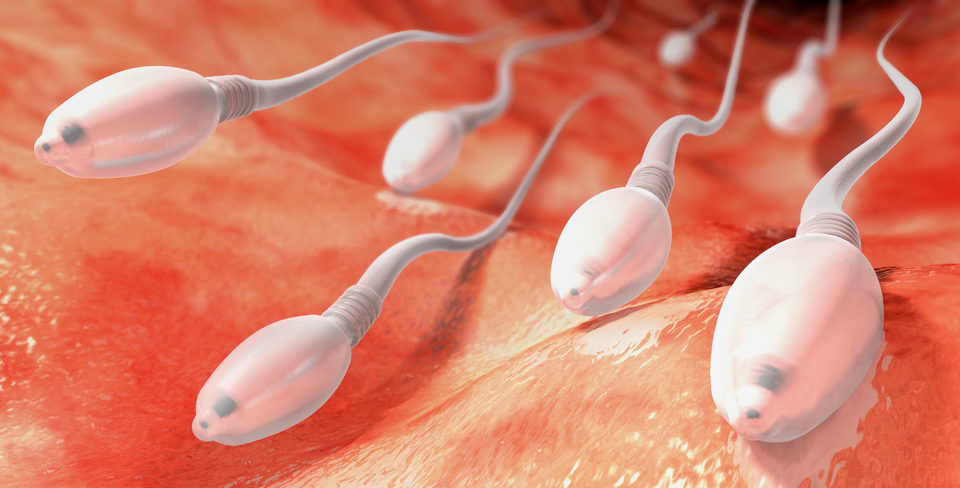The ASRM Releases Statement on the COVID-19 Vaccine
一月 29, 2021Myth Busted: COVID19 Vaccine Does NOT Cause Infertility
二月 22, 2021For pregnant women who have recovered from COVID-19, there have been many questions about how the illness might affect their unborn children. As reported recently in the New York Times, a new study suggests that women are able to pass protective antibodies through the placental wall, providing their unborn children with some natural immunity to COVID-19.

The Times article reports that new studies, as published in the JAMA Pediatrics journal, offer mounting evidence that COVID-19 antibodies are passed from mothers to fetuses in the womb, similar to other viruses. And, the findings indicate that more antibodies seem to be passed when women are infected earlier in their pregnancies.
The study involved more than 1,500 women who gave birth between April 2020 and August 2020 at Pennsylvania Hospital in Philadelphia. 83 of the women tested had COVID-19 antibodies and 72 of their babies had the antibodies, with approximately one-half of the babies showing antibody levels as high or higher than their mothers’ levels, and a quarter with antibodies that were up to two times higher than the concentrations in their mothers’ blood. The presence or absence of symptoms in the mothers was not a factor in whether babies received antibodies.
It is not clear from this study’s results whether the amount of antibodies the babies received is enough to prevent them from contracting COVID-19, or whether being born prematurely might impact the effectiveness of antibodies.
Experts do not know yet whether the vaccine antibodies will work the same way for pregnant women, crossing the placental wall to protect their babies efficiently the way the antibodies produced after flu or pertussis vaccinations do. If they do, the study’s findings could mean it is more beneficial for pregnant women to receive the vaccine earlier in their pregnancies too, although this has not been studied and tested yet.
As more information becomes available, we will share it with our readers. Contact us to learn more about how The Surrogacy Law Center protects clients with the legal aspects of assisted reproduction.



